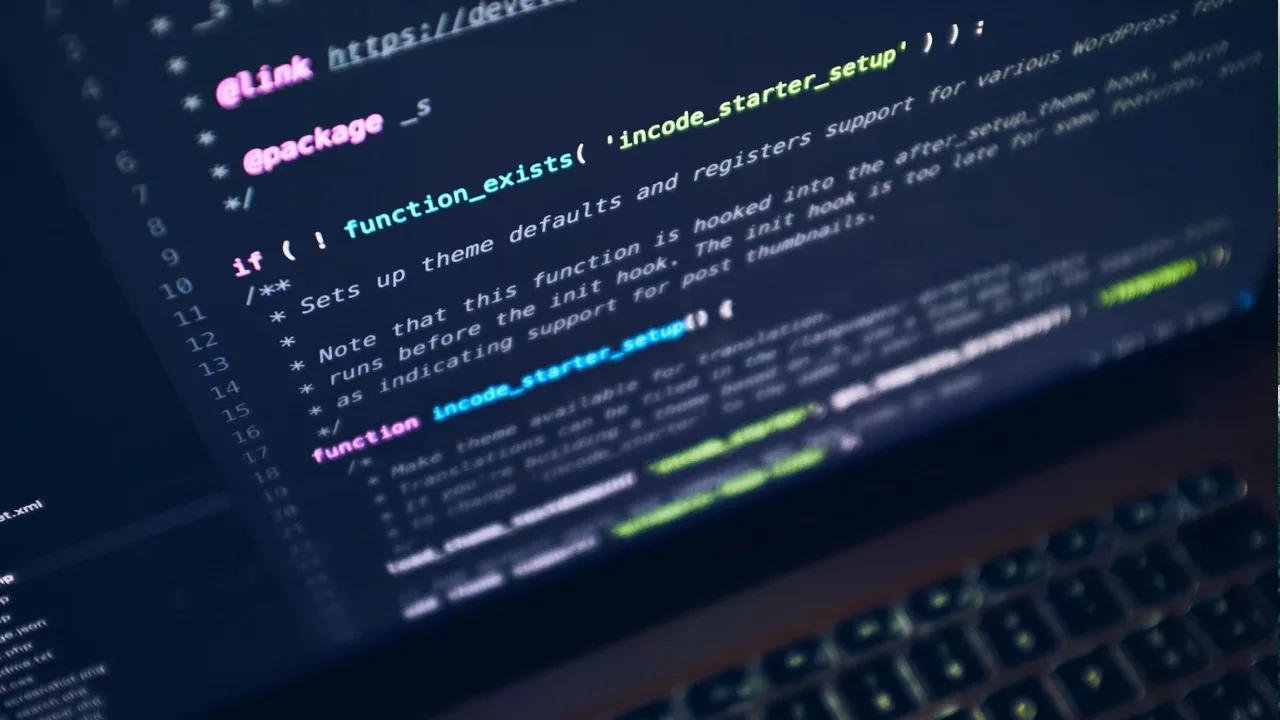Error UnicodeDecodeError: "utf-8" codec can"t decode byte 0xff in position 0: invalid start byte

📝 Blog Post: Understanding the 'UnicodeDecodeError' in Python and Easy Solutions
🤔 Have you ever encountered the error message UnicodeDecodeError: 'utf-8' codec can't decode byte 0xff in position 0: invalid start byte while working with Python? Don't worry, you're not alone! This error can be puzzling at first, but with a little understanding, we can easily troubleshoot and resolve the issue.
What is the cause of the error?
The UnicodeDecodeError occurs when Python tries to decode a byte sequence into a Unicode string, but encounters a byte that it cannot interpret using the specified encoding. In this specific case, it's the 'utf-8' codec that fails to decode the byte at position 0 because it is an invalid start byte.
The error message also provides us with additional information, such as the traceback and the file where the error occurred. Looking at the traceback, we can see that the error is happening in the decode() method of the codecs.py module, specifically on line 321.
Furthermore, it is mentioned that the Python version being used is 3.5.2, which may be relevant to the potential solutions to the problem.
Possible Solutions:
1️⃣ Check the File Encoding: Firstly, ensure that the file you are trying to read is encoded in the expected format. If the file uses a different encoding, you can specify it while opening the file using the encoding parameter. For example:
contents = open(path, encoding='latin-1').read()2️⃣ Specify a Different Encoding: If you suspect that the file may have a different encoding, you can try decoding it using a different codec by specifying it explicitly. For example, you can replace 'utf-8' with 'latin-1' or any other codec that makes sense for your file.
3️⃣ Update to a Newer Python Version: Sometimes, certain Python versions may have bugs or limitations with specific encodings. Upgrading to a newer Python version might help resolve such issues. Consider upgrading to the latest stable version of Python (e.g., Python 3.9) if it's feasible for your project.
4️⃣ Check for Byte Order Mark (BOM): Byte Order Mark, also known as BOM, is a special character (0xFFFE or 0xFEFF) that some editors add at the beginning of a file to indicate its encoding. Ensure that the file you are working with doesn't have a BOM. If it does, you can remove it using a text editor or a code snippet that removes the BOM before processing the file.
5️⃣ Inspect File Contents: If none of the above solutions work, you may need to inspect the file contents to understand what kind of data it contains. It's possible that the file has binary data or a mix of different encodings, causing the error. Understanding the file structure can help you find a suitable approach for handling it.
By following these solutions, you should be able to overcome the UnicodeDecodeError and continue with your Python project smoothly.
💡 Remember that error messages can be cryptic, but with a little bit of knowledge and experimentation, they become valuable clues to solving coding puzzles. Don't be discouraged by errors - embrace them as learning opportunities!
📢 Now it's your turn! Have you encountered the UnicodeDecodeError before? How did you resolve it? Share your experiences, tips, and tricks in the comments below. Let's learn from each other and help fellow developers overcome this common encoding issue!
🔗 Happy coding!


